| Coad | 667297 | Substrate | UVFS | |
| Type | 1030nm Chirped Mirror | Polarization | P | |
| Dimension(mm) | 25.4 x 6.35 | Clear Aperture | - | |
| Diameter | 25.4mm | Surface Quality S1 | - | |
| Thickness | 6.35mm | Surface Quality S2 | - | |
| Wavelength(nm) | 950 - 1120 | Surface Flatness | - | |
| Central Wavelength | 1035nm | Laser Damage Threshold | 0.1J/cm²@200fs,1030nm | |
| GDD(fs²) | -200 | Coating Type | Dielectric Coating | |
| AOI(°) | 5 | Coating Specifications | R>99.8%@950-1120nm |
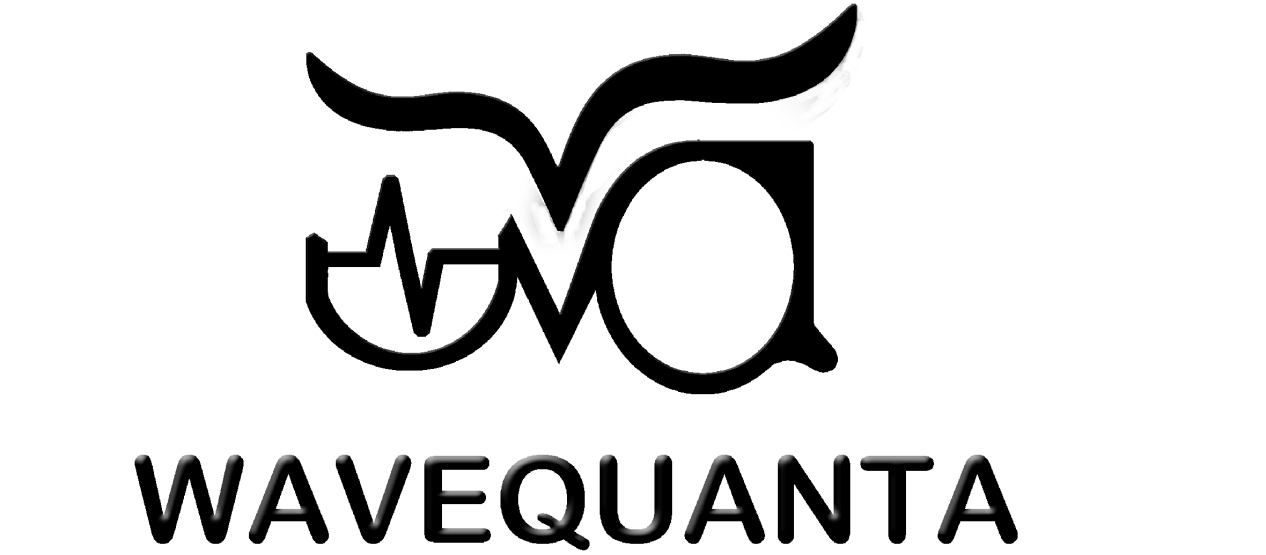




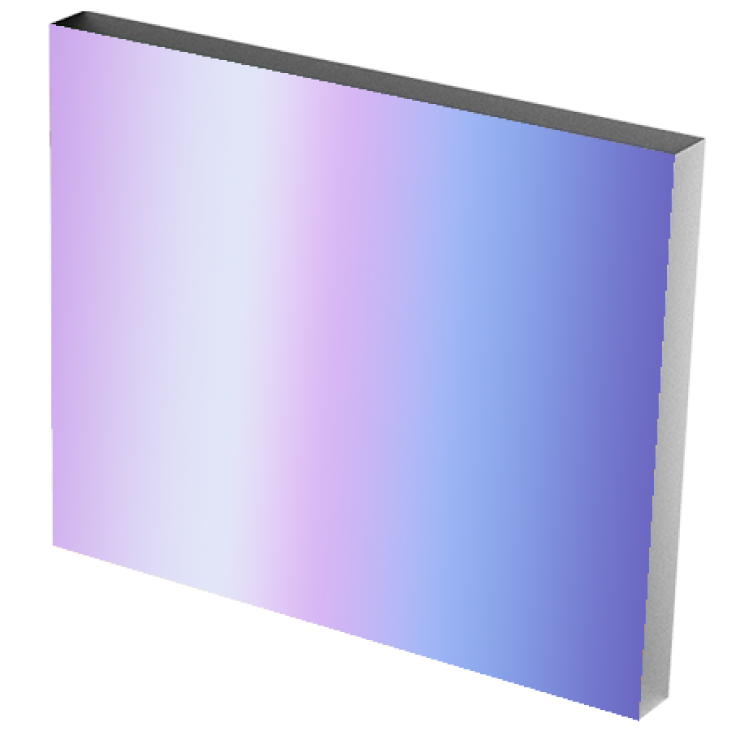



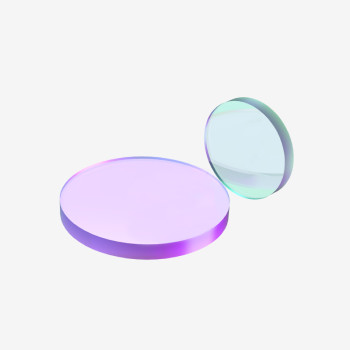


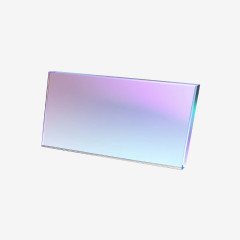
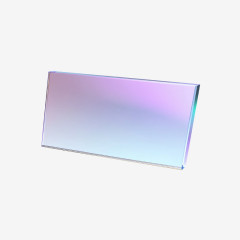
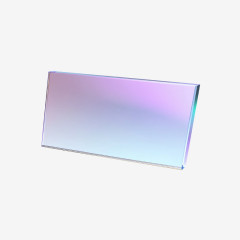


Product evaluation
%High praise
There are comments